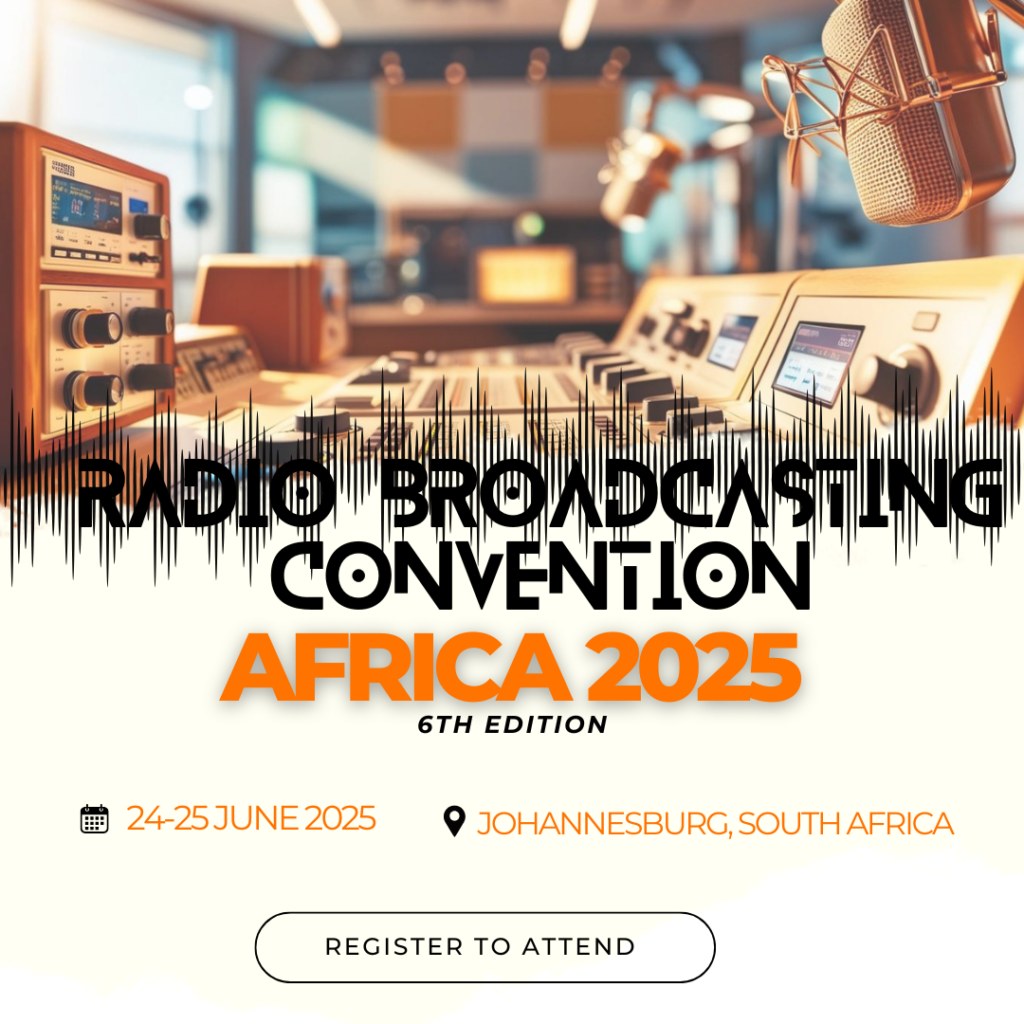
Day 2 of the Radio Broadcasting Convention – Africa 2025 opened with a compelling keynote address by Sputnik Africa, which spotlighted how artificial intelligence is transforming global newsrooms—and how African media can benefit. Introducing Sputnik’s expansive footprint in over 30 languages, including the trailblazing use of Amharic, Sputnik detailed their deployment of AI tools such as transcription, translation, voice cloning, text-to-speech, and virtual presenters. These innovations, it was explained, enable rapid, scalable production of multilingual radio and video content, including AI-generated visuals and social media materials.
The presentation transitioned into a vibrant discussion on AI’s ethical and editorial dimensions in newsrooms. Participants explored the balance between automation and human oversight and the necessity of cultural authenticity in AI-generated content. Delegates agreed that AI holds immense potential to amplify local voices and democratise content creation—if developed and applied responsibly.
The day continued with a dynamic panel discussion on the critical role of community radio in advancing local development, cultural preservation, and social inclusion. Lauded as “social media before social media,” community radio was described as a trusted, accessible medium that uplifts grassroots voices and fosters economic growth through support for small businesses and homegrown industries.
Panellists advocated a shift from passive broadcasting to participatory platforms, leveraging podcasting, live streaming, and collaborations to maintain relevance in the digital age.
University of Johannesburg lecturer Dr Sanele Justice Gamede passionately defended the enduring relevance of radio in the digital age. Framing his talk as a symbolic “interview” before his university peers, Dr. Gamede shared insights from his doctoral research on the South African Broadcasting Corporation (SABC), where he analysed 120 hours of community radio programming. His findings pointed to the pivotal role of public participation in sustaining radio’s impact. “If we forget the idea of the public in our radio stations,” he cautioned, “we are headed for disaster.” His call for deeper engagement and accountability struck a powerful chord with delegates.
Despite these hurdles, radio continues to be a resilient and trusted platform. However, stations experimenting with betting-integrated programming and online monetisation must now navigate ethical and legal minefields. Experts called for updated regulatory frameworks, regional collaboration, and media literacy efforts to ensure Africa can shape its digital destiny. As tech giants invest in infrastructure, the message was clear: African broadcasters must assert control over content and digital ecosystems to avoid being sidelined in the fourth industrial revolution.
Day Two closed with renewed purpose, recognising that radio’s future is digital and deeply human, driven by community, culture, and collaboration.


















